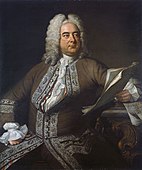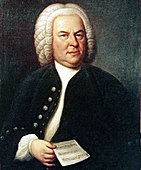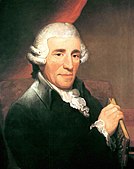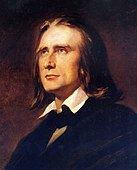
Western culture
Western culture, also known as Western civilization, European civilization, Occidental culture, or Western society, includes the diverse heritages of social norms, ethical values, traditional customs, belief systems, political systems, artifacts and technologies of the Western world. The core of Western civilization, broadly defined, is formed by the combined foundations of Greco-Roman civilization and Western Christianity.[1][2][3][4][5][6][7][8][9] While Western culture is a broad concept, and does not relate to a region with fixed members or geographical confines, it generally relates to the cultures of countries with historical ties to a European country or a number of European countries, or to the variety of cultures within Europe itself. However, countries toward the east of Europe are often excluded from definitions of the Western world.
For other uses, see Western culture (disambiguation).
Western culture is characterized by a host of artistic, philosophic, literary and legal themes and traditions. Christianity, primarily the Catholic Church,[10][11][12] and later Protestantism[13][14][15][16] has played a prominent role in the shaping of Western civilization since at least the 4th century,[17][18][19][20][21] as did Judaism.[22][23][24][25] A cornerstone of Western thought, beginning in ancient Greece and continuing through the Middle Ages and Renaissance, is the idea of rationalism in various spheres of life developed by Hellenistic philosophy, scholasticism and humanism. Empiricism later gave rise to the scientific method, the scientific revolution, and the Age of Enlightenment.
While traditionally shunned as a mainspring of Western civilization in favour of early Aegean cultures, the Phoenician city-states stimulated and fostered Western civilization.[26] The expansion of Greek culture into the Hellenistic world of the eastern Mediterranean led to a synthesis between Greek and Near-Eastern cultures,[27] and major advances in literature, engineering, and science, and provided the culture for the expansion of early Christianity and the Greek New Testament.[28][29][30] This period overlapped with and was followed by Rome, which made key contributions in law, government, engineering and political organization.[31]
Western culture continued to develop with the Christianization of European society during the Middle Ages, the reforms triggered by the medieval renaissances, the influence of the Islamic world via Al-Andalus and Sicily (including the transfer of technology from the East, and Latin translations of Arabic texts on science and philosophy by Greek and Hellenic-influenced Islamic philosophers),[32][33][34] and the Italian Renaissance as Greek scholars fleeing after the fall of Constantinople brought classical traditions and philosophy.[35] This major change for non-Western countries and their people saw a development in modernization in those countries.[36] Medieval Christianity is credited with creating the modern university,[37][38] the modern hospital system,[39] scientific economics,[40][41] and natural law (which would later influence the creation of international law).[42] European culture developed with a complex range of philosophy, medieval scholasticism, mysticism and Christian and secular humanism.[43] Rational thinking developed through a long age of change and formation, with the experiments of the Enlightenment and breakthroughs in the sciences. Tendencies that have come to define modern Western societies include the concept of political pluralism, individualism, prominent subcultures or countercultures (such as New Age movements) and increasing cultural syncretism resulting from globalization and human migration.
Western culture has developed many themes and traditions, the most significant of which are:








